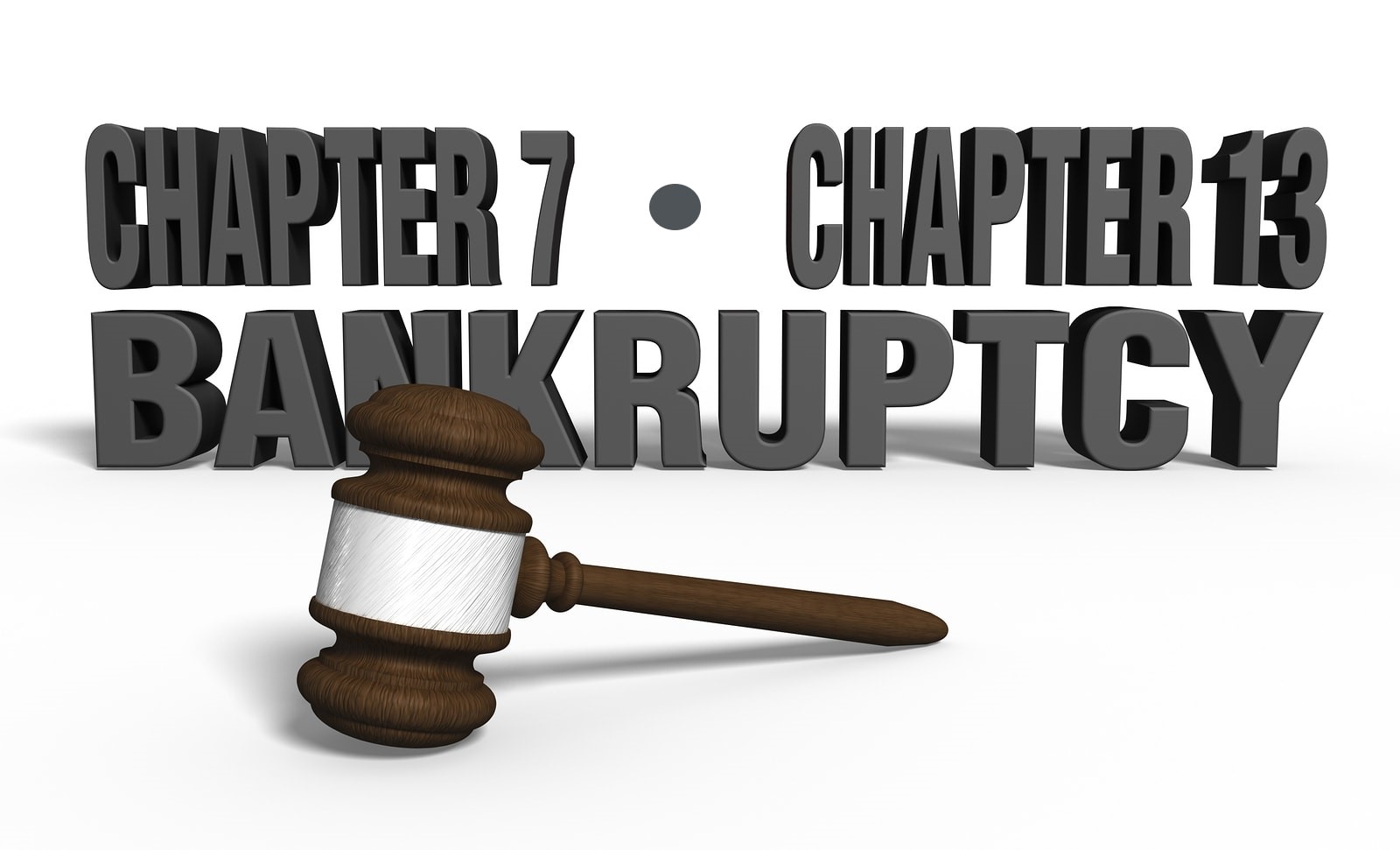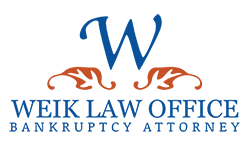GET HELP TODAY

Declaring bankruptcy in Raleigh affects mortgage in a myriad of ways. A mortgage is a legal agreement wherein a debtor surrenders the title of their property to a creditor to borrow money at interest. Like other types of loans, mortgages are subject to late charges and other fees. Homeowners who take out a mortgage are legally obliged to pay back the lender over an established period to regain their property or risk losing ownership altogether.
As the single most significant expense for most families, it is easy to fall behind on mortgage payments once the debts start adding up. Homeowners who failed to meet the demands of their arrangement have two options: face foreclosure or file for bankruptcy protection.
Understanding Bankruptcy
Bankruptcy is a constitutional right that allows debtors to get a fresh start following a financial disaster. Filing for Chapter 7 or Chapter 13 bankruptcy protects the debtor from any legal action from the mortgage lender while the bankruptcy is pending.
Chapter 7 is designed to eliminate most or all debts. In some instances, the court requires the debtor to liquidate or sell some assets to pay off the creditor. Aside from a few exceptions, Chapter 7 offers total debt relief.
In Chapter 13, debts are restructured over a three- to five-year period. Debtors are advised to work with a bankruptcy lawyer in Raleigh to work out the details of their repayment plan. Depending on the exemption the debtor qualifies for, they may be allowed to keep some of their properties such as their home and vehicle.
Filing for Chapter 7 or Chapter 13 must be based on the debtor’s mortgage payments and circumstances.
Chapter 7 Bankruptcy for Mortgage
To establish the effects of Chapter 7 on mortgage, it is significant to understand the difference between a loan and a lien:
- A loan is when a debtor gets a mortgage to borrow money from a mortgage company to purchase a home.
- A lien refers to the mortgage company’s interest or right over the debtor’s home until the loan is fully paid.
Under Chapter 7, debtors are no longer legally required to repay their loan. However, Chapter 7 does not eliminate the lien on their property, which means the mortgage company still retains a right over the debtor’s home if their loan is not paid. In such instances, the creditor can take the mortgaged home if the debtor chose to stop making payments.
In addition, Chapter 7 classifies property under exempt and non-exempt. Exempt properties are those that the debtor can keep, while non-exempt properties are those that debtors are required to surrender. While homes typically fall under non-exempt property, the bankruptcy trustee can deem it exempt. For a comprehensive look at their options, debtors are advised to work with a bankruptcy lawyer in Raleigh.
Chapter 13 Bankruptcy for Mortgage
Filing for Chapter 13 bankruptcy in Raleigh allows debtors to keep their properties arrangements regarding mortgage payments are included in a restructured repayment plan.
In most cases, the court will issue an automatic stay after the debtor has filed for Chapter 13. The automatic stay will halt foreclosure proceedings and prevent repossession of homes while the bankruptcy filing is underway.
Debtors who have plans of financing a home after filing for bankruptcy must wait for at least one year before most creditors will consider them for a new mortgage loan.
Learn More about Filing for Bankruptcy in Raleigh
You deserve a fresh start regardless of your reason for filing for bankruptcy in Raleigh. Learn more about your options today. Call Weik Law Office today at 919-845-7877 for a FREE consultation, and set up a time to speak with one of our caring professionals.
